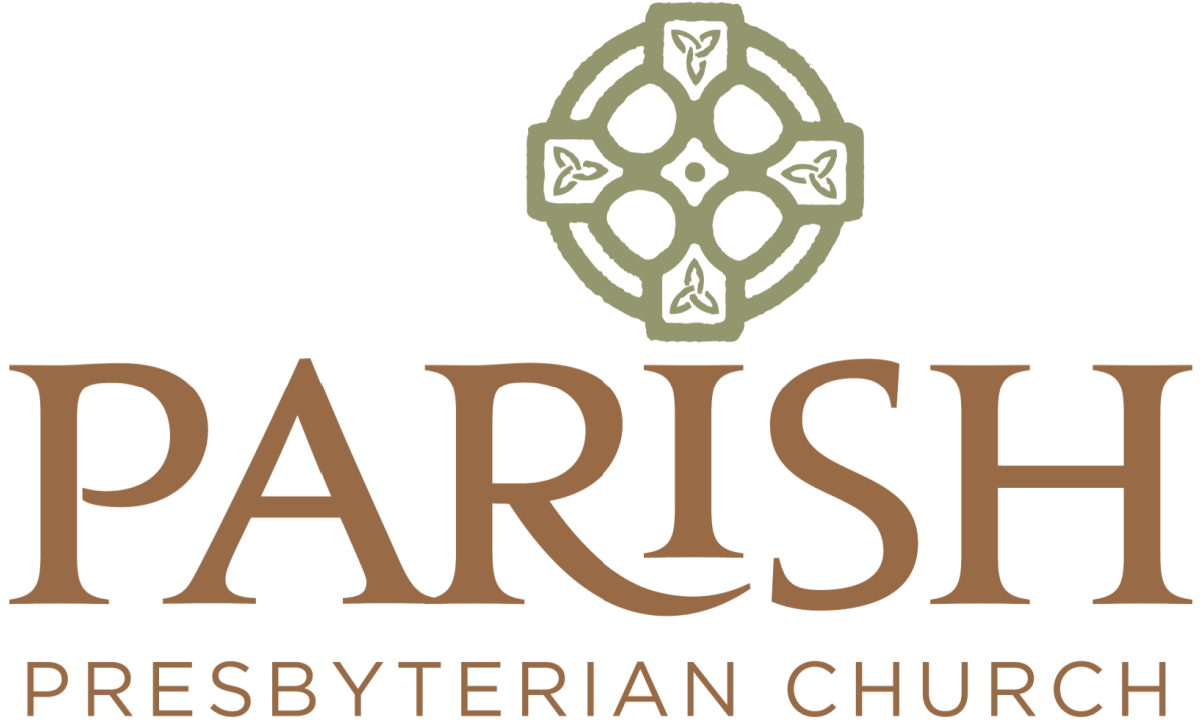Presbyterian minister Henry van Dyke wrote Joyful, Joyful We Adore Thee, an ecstatic celebration of Christian unity, in 1907. He intended the poem to be sung to the melody of the final movement of Beethoven’s Symphony no. 9 in D minor, which was itself a setting of an earlier poem by Friedrich Schiller called “Ode to Joy.” The Ode uses flowery and somewhat utopian eighteenth-century language to paint a picture of universal brotherhood under the watchful eye of a loving heavenly father. While Schiller’s poem only hints at the potential of human unity in some distant future, Christians can point to the concrete experience of unity in Christ. Because of Jesus’s atoning work on the cross, we are declared faithful souls who can press on towards the goal together (Psalm 101:6). We are, through grace, members of Zion’s city, able to devote ourselves to fellowship and the breaking of bread (Acts 2:42). Because we rely on Him alone, we can join in love within the house of God—and that is truly joyful to see. Though sin and conflict will inevitably mar this unity, as it had in the situation Paul addresses in 2 Corinthians 2, we have the ability and the duty to forgive one another. We love because He first loved us and gave us pardon. In response, we should take up the prayer of Joyful, Joyful We Adore Thee: “Teach us how to love each other.” —Henry C. Haffner
Posted by Henry Haffner
Categories: Worship Notes

